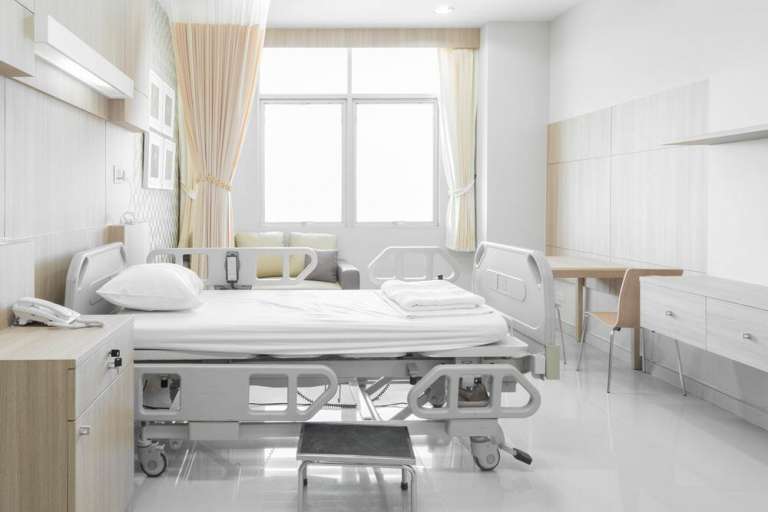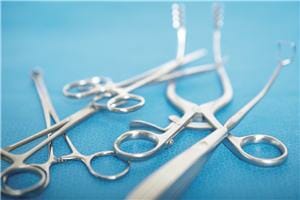Women and girls in hospital who need sanitary protection will be offered free tampons and other products from this summer, NHS England has said, in an effort to tackle period poverty.
Readily Available Everywhere
It follows a British Medical Association campaign pointing out many hospitals supply razors and shaving foam to men, but no sanitary products.
NHS England said it was “absolutely right” that women had access to daily essentials while in hospital.
The charity Freedom4Girls said tampons must be “readily available everywhere”.
NHS England’s Chief Executive Simon Stevens said on Sunday: “It’s fundamental that we give patients the best experience possible during what can be a stressful time of their life, and by providing sanitary products the NHS can prevent unnecessary embarrassment and leave people to focus on their recovery.”
While many hospitals do provide sanitary products, some require patients to buy their own from the hospital shop or, in some cases, have had nothing available at all.
NHS England has said the provision of free sanitary products would now be mandated in the new standard contract with hospitals for 2019-20
Ending Period Poverty
Dame Parveen Kumar, chair of the BMA’s board of science, welcomed the move which she said would come as a relief for many patients.
She said “As well being an important influence in the shift that is necessary towards ending period poverty, this will be a relief for many patients who will no longer face the embarrassment and stress of not being able to freely and easily access sanitary pads and tampons.”
A survey published in February revealed more than a quarter of females have missed either work or school because of period poverty.
In Scotland, free sanitary products are available in schools, colleges and universities, and a pilot to provide free products to low-income households in Aberdeen is being rolled out.
In Wales, a £1m government fund will help distribute free sanitary products via community groups, schools and food banks to those most in need, and in Derry, Northern Ireland, some public buildings are offering products free of charge.




